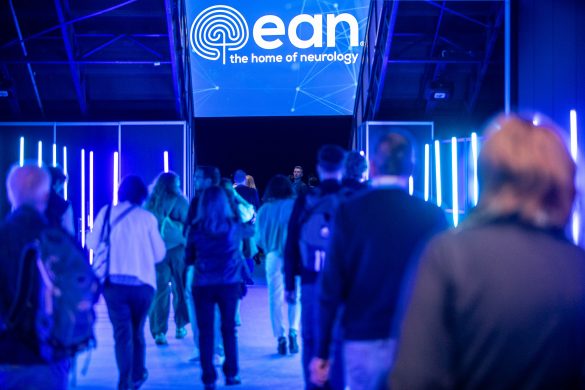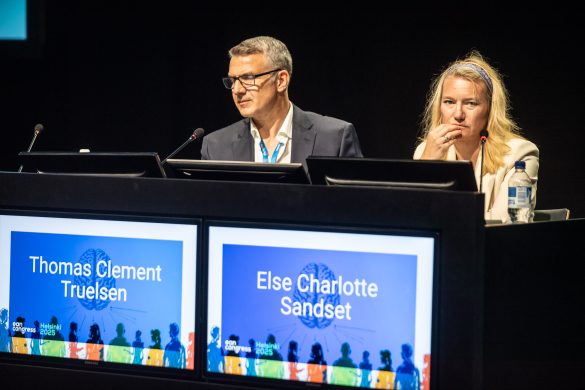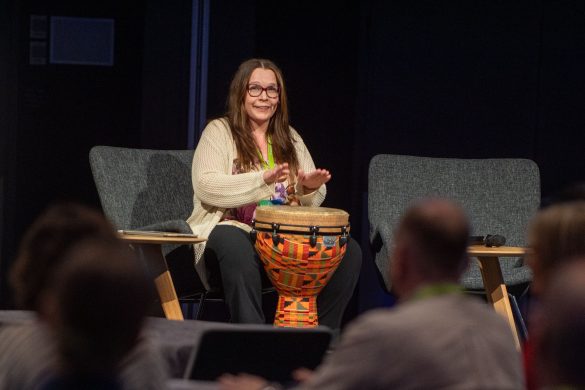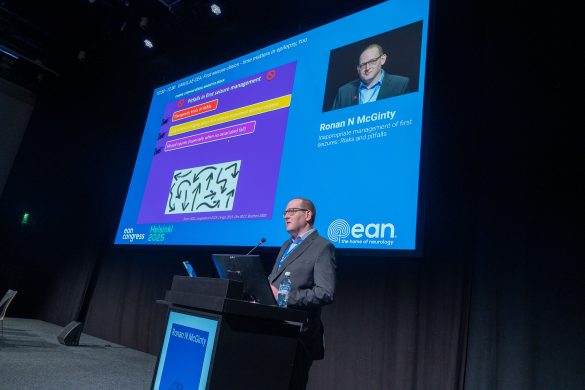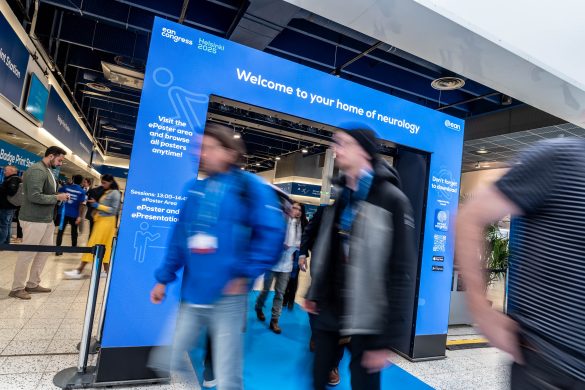Roland D Thijs, EFAS President, and Alessandra Fanciulli, EFAS Secretary
The autonomic nervous system (ANS) is a black box for most neurologists. There are many reasons for the scarce autonomic knowledge in the field of neurology; to name a few, 1) its symptoms and signs are often subtle; 2) its function cannot be easily measured; 3) only some ANS parts are accessible to imaging; 4) working in the field of ANS requires a broad, multidisciplinary scope involving many other specialties such as cardiology, gastroenterology, dermatology, and urology; and most importantly 5) many European countries do not offer structured ANS training. As a result, dedicated autonomic expertise is scarce across Europe. The scale of the knowledge became evident in a recent joint EFAS/EAN survey highlighting disparities in the availability of healthcare services for people with ANS disorders across European countries. The knowledge gap is concerning as autonomic symptoms are part of many common neurological disorders: they may provide early clues for early diagnosis and the presence of autonomic symptoms worsens quality of life while simple lifestyle or drug interventions could help to partly ameliorate these symptoms.
The European Federation of Autonomic Societies (EFAS) was founded to increase ‘autonomic awareness’ by advocating teaching and diagnostic training as well as the therapeutic management of syndromes associated with ANS dysfunction. EFAS is a scientific umbrella society coordinating activities of the national autonomic societies in Europe. EFAS has annual meetings and organises joint meetings with major European or international scientific bodies every second year.
EFAS is proud and excited to have its joint congress programme organised during the EAN Congress this year. We are looking forward to the joint sessions that include a symposium entitled Through the looking glass: towards autonomic markers, a raising awareness in common neurological diseases where several important advancements in the development of neuroprotective strategies for movement disorders and the role of ANS in epilepsy, stroke and sleep disorders will be discussed. The interactive session Rare neurological disorders featuring autonomic failure will highlight the autonomic clues that aid a timely diagnosis of three rare disorders: familial amyloidosis, hereditary sensory autonomic neuropathies and multiple system atrophy; in all three conditions timely recognition can improve quality of life through the treatment of the disabling autonomic symptoms.
We are thrilled to launch the joint neurourological guidelines with our partner societies, the International Neuro-Urology Society (INUS) and the EAN. The key messages will be summarised in a Hands-On Course titles How do I manage urinary and sexual symptoms in neurological patients?. A case-based workshop on Non-motor symptoms in prodromal alpha-synucleinopathies will discuss three common presentations when to consider prodromal synucleinopathies: isolated REM sleep behaviour disorders, neurogenic orthostatic hypotension and neurogenic urogenital dysfunction. Again, the lecturers will focus on early symptoms, differential diagnosis and not forget about the implications for clinical management.
The Autonomic updates session in the Scientific Theatre will showcase a recent educational survey and the future EFAS guidelines providing standards for ANS units activities. Finally, the career development session How to set up an autonomic nervous system unit? will offer our next generation neurologists a quick toolbox to set up the much needed ANS units in their country. The EAN congress is also the platform for cutting edge autonomic findings that will advance our field and we are thrilled to announce four awards for exceptional ANS research being presented at the EAN Congress 2024.
We look forward to this vibrant meeting and cordially invite you to unfold the exciting autonomic black box!




